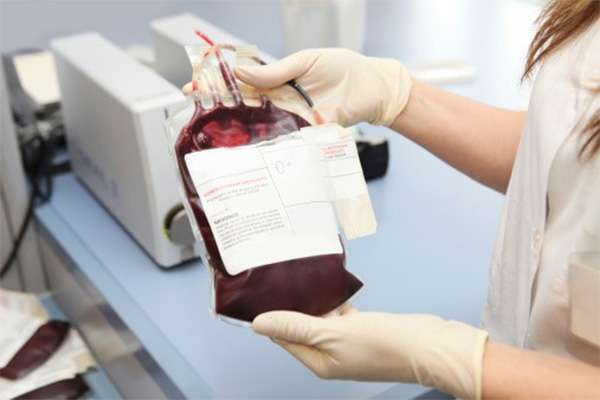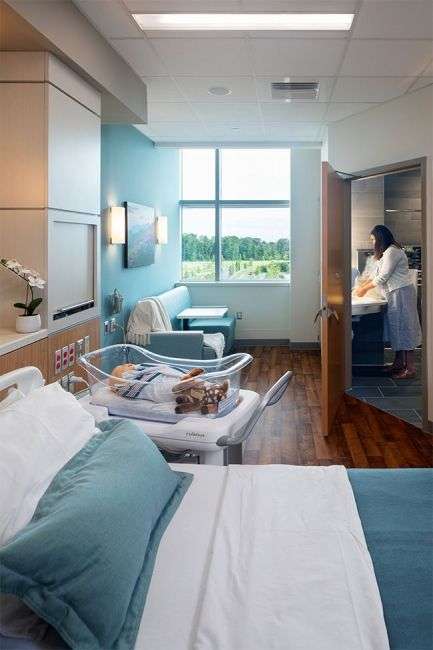
“Mastering Hospital Team Mobilization: Best Practices for Seamless Operations”
April 20, 2022
Quality Assurance in Hospital Completed
April 20, 2022A hospital can be of several types. Primary care hospitals offer primary and general treatment for patients with all types of medical conditions. One and only one condition is catered to by tertiary care hospitals, with every aspect of it from diagnostics to post-care being addressed. An ophthalmology hospital will offer an umbrella of specialized medical services for the care, treatment, and management of eyes only.
Secondary care Hospitals, on the other hand, address a wide assortment of healthcare needs under one roof and also offer surgical treatment and diagnostic services. A secondary hospital will have departments that independently manage various branches of medicine, namely cardiology, nephrology, gynecology, Urology, pediatrics to name a few. Each specialty will have to be accommodated in a separate floor or wing and will have to have an independent workforce and management to run it efficiently. In addition to these, there are various specialty departments that you will have to set up, if you are aiming to establish a multi-specialty hospital.
Some specialty medical departments included but not limited to the following
This is a department that will provide medical services to people in life-threatening or disabling conditions. namely patients who need immediate care like stroke or heart attack sufferers or victims of accidents. This department will have to be based on the ground floor of your hospital with easy access to ambulances. Specialized equipment like cardiac monitors, defibrillators, and oxygen cylinders will have to be equipped. It will have to be manned by trauma physicians who have the expertise to make split second decisions and provide speedy aid to save lives. This department must stay open 24X7.
2. Blood bank
Blood, platelets, and other components that can be donated to patients in an emergency are stored by blood banks.

3. Diagnostic Imaging units
Diagnostic imaging including x rays, sonograms, CT scans and MRI scans are done in the radiology unit to help doctors determine the cause of a patient’s illness.
4. Diagnostic labs
Your hospital can have its own laboratory manned by trained phlebotomists and pathologists so that your patients are spared the inconvenience of going to laboratories outside. If you wish to outsource this service, you can have a small room dedicated to sample collection and then send these samples to reliable labs in the vicinity.

5. Rehabilitation centres
Your hospital can also have a rehabilitation center where patients can recover after surgery or injury. These centres can provide health services like physiotherapy, occupational therapy, and speech therapy to help patients recuperate better and recover their mobility, abilities, and independence.
A hospital pharmacy can help your patients gain access to prescribed medicines within the premises of the hospital. A hospital pharmacy needs to have a good inventory of most medicines needed during hospitalization and post discharge as it must cater to both in-patient and out-patient needs. It must be manned by qualified pharmacists.
Some points to remember before setting these specialty units
- Plan your layout
Develop a schematic master plan of how all these specialist departments will be housed within your hospital with the aid of hospital architecture design and planning consultants. These firms have a panel of experienced and qualified healthcare interior designers who can produce customized and compact construction and design lay-outs for your multi-specialty hospital venture.

2. Get your licenses
Specialized departments need special licenses and allowances from the government and regulatory bodies. Be sure to procure them before you start. E.g., the imaging department will require the AERB certification to validate that the radiation levels are within normal limits. The Pharmacy will need a medical store license. All these mandatory procedures involve a lot of paperwork and running about. It is better to outsource this headache to healthcare management consultancy firms that provide a full spectrum of healthcare licensing services.
3. Keep an eye on finances
Specialty departments can add to your hospital’s bottom line but need a load of initial investment. So, be sure to figure in these expenditures at the planning stage of your hospital venture.
Be sure to test the viability of incorporating these specialty departments by using predictive tools like a feasibility report. A feasibility report can give you an idea if it will be practical and profitable to go ahead with your plan. Hire the services of a reliable Healthcare consultancy firm to develop an unbiased feasibility report for your project.

4. Choose the right equipment
If you are planning to set up specialty departments, you need to procure the requisite medical equipment too, for e.g., a diagnostic imaging unit will need medical equipment like MRI machines. This is a long-term and expensive investment. You should take the help of healthcare management consultancy firms to zero in on the right medical equipment suppliers who can offer you the best possible deals in terms of cost, quality, advancement and terms of repair and maintenance.
5. Mobilize a specialist workforce
Recruitment, training and retaining a competent and dedicated workforce is the key for the smooth operation of any hospital. Your staff is the face of your hospital and their proficiency and their communication skills both can affect patient experience and can sculpt public opinion about your hospital. You should ascertain that your team is the best possible and that each member is not only academically qualified but also has emotional skills like patience, empathy, ability to withstand pressure, and compassion.
A secondary care hospital with numerous departments is like a vast ship and a full team of medical, paramedical, and non-medical staff is required to sail this ship to success. This team may include and not be limited to medical staff like physicians, surgeons, technicians, phlebotomists, pharmacists, equipment operators, nurses, ward boys etc. and non-medical staff like receptionists, managers, client service experts, accountants, security personnel, parking attendants, canteen staff and many more. Each member of this team must do his/ her job to 100% ability to ensure 360-degree patient satisfaction.
Multi-department hospital recruitment is a tough task as the right candidate with the right mixture of skills and the right attitude must be unearthed from a mountain of applications. Periodic training sessions and workshops must be carried out to upgrade their skills. To reduce attrition of skilled staff, good remuneration packages, rewards like flexible timings and family insurance and loyalty programmes have to be initiated. If any employee decides to leave, it can create a gap in workflow and mirror into a lacuna in patient care, hence this whole exercise of manpower mobilization is a stressful and backbreaking one. To be on the safe side, you should delegate workforce mobilization to a healthcare consulting firm that specializes in healthcare recruitment and mobilization.

To summarize, setting up various specialty departments within your hospital is one-stop solution to ensure your patients’ convenience and comfort as they can gain access to an array of medical services. If you need any help in this endeavour, do not hesitate to contact, Hospertz, a top healthcare consulting firm in India. We can provide you with a full spectrum of services for all your needs ranging from healthcare planning, hospital architecture design planning healthcare licensing services, healthcare branding, to hospital financial planning.
Blog has been written by Dr. Vishal Jadhav, a veteran in the field of hospital consultancy with a rich experience of more than 20 years and founder of the Healthcare Consultancy Firm, Hospertz.
Dr. Vishal Jadhav, Director
hospertz@gmail.com
+91 9867712705/ 9820833149


